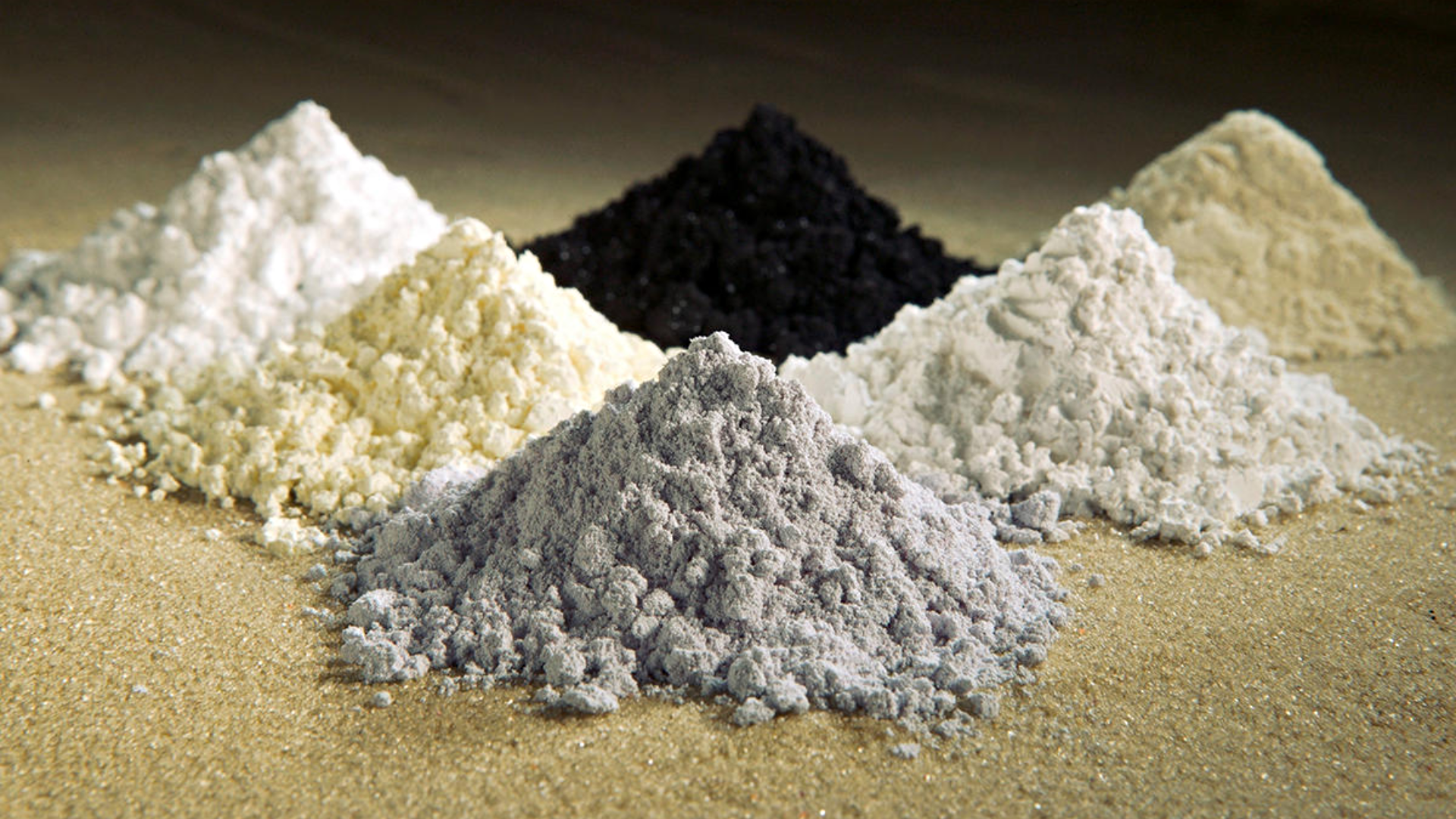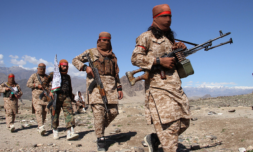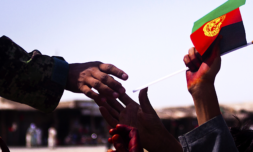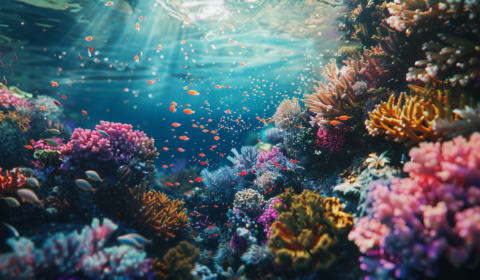While Afghanistan remains propped up by humanitarian aid, the Taliban is sitting on $1tn of untapped mineral wealth, as well as vital resources to combat climate change.
Despite being one of the world’s poorest nations, Afghanistan is sitting on an untapped mineral wealth which could help to transform its economy forever. Such prospects now dwindle in the unanointed hands of the Taliban.
Seizing power for a second time, their fighters have not only ignited a humanitarian crisis – with thousands attempting to flee and those remaining oppressed by a regressive fundamentalist law – but have also hoarded the region’s rich supply of natural resources.
Namely $1tn in rare earth deposits which US military officials and geologists discovered Afghanistan to be holding in 2010.
‘If Afghanistan has a few years of calm, allowing the development of its mineral resources, it could become one of the richest countries in the area within a decade,’ said Mirza at the time, one of the senior geologists involved.
In the years following this research, geopolitical tensions, a lack of surrounding infrastructure, and severe droughts have stopped this prospect from materialising.
As such, supplies of precious metals like iron, copper, and gold scattered across provinces remain largely untouched.
Presiding over 30% to 40% of all small-scale extraction projects across the last decade, Taliban warlords were generating just $1bn a year. With its stranglehold over the nation today however, it will likely siphon off the mining sector altogether.
A problem for global climate targets
This hoarding of local resources hasn’t just dented prospects of economic revival within Afghanistan, but also global aims to tackle the climate emergency – which you can get to grips with through recent IPCC reports.
Along with Bolivia, Afghanistan has potentially the largest known reserves of lithium. This scarce yet essential component of rechargeable batteries has long been touted as crucial in decarbonising our homes and industries.
The International Energy Agency claimed in May that the global supply of lithium, copper, nickel, cobalt, and other rare Earth elements needs to grow massively if we’re to meaningfully drive emissions down.
For context, the average electric car requires six times the mineral uptake of a petrol vehicle. Meanwhile, our electricity networks rely entirely on copper and aluminium, and the magnets needed to control wind turbines are comprised of other rare Earth elements.
This presents a serious problem considering that just three countries – China, the Democratic Republic of Congo, and Australia – account for as much as 75% of global output of said materials.
With the majority of the Western world refusing to legitimise insurgent Taliban forces as a government outfit, trade relations are mostly (and rightfully) out of the question right now. Several nations have even cut back development aid to weaken the Taliban’s rule.
‘Functional governance of the nascent mineral sector is likely many years away,’ declared Joseph Parkes, security analyst at Verisk Maplecroft. ‘Who’s going to invest in Afghanistan when they weren’t willing to invest before?’





















